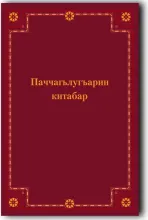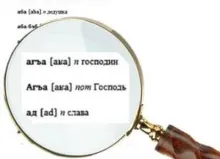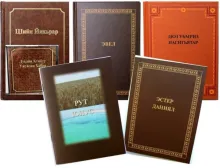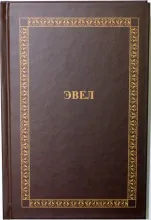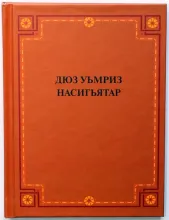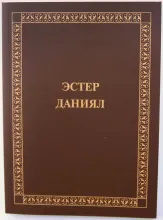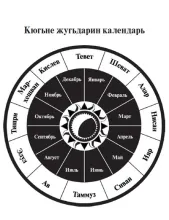Tabasaran
news-01122023
The Institute for Bible Translation continues to release the books of the Old Testament translated into the Tabasaran language.
Tabasarans is one of the indigenous peoples of southern Dagestan. There are 151,466 Tabasarans in Russia (Census 2021), they speak the Tabasaran language, which belongs to the Lezghi group of the Nakh-Dagestan family.
Previously, the following translations have been published in Tabasaran: the Gospel of Mark (1997); the Gospel of Luke (2000); Four Gospels and the Acts (2004); Stories about Jesus Christ (2010); the New Testament (2010); Ruth, Jonah (2013); Esther, Daniel (2016); Genesis (2018) and Proverbs (2018).
articles-22122020
As I looked through the Tabasaran-Russian dictionary developed by Selina (a pseudonym), a Tabasaran linguist, a thought flashed through mind: “It must feel odd you to pray to God in Russian, where the word ad ‘hell’ sounds the same as the word ad ‘glory’ in your mother tongue.” Selina is the field-tester and local co-ordinator in IBT’s Tabasaran Bible translation project, and I also knew that she is a Christian believer. However, when I voiced my guess that she probably uses Tabasaran, and not Russian, in her church, she laughed merrily at my total ignorance. “Do you really think that there are so many Christians among my people that we could have opened a Tabasaran church?” she shrugged. “There are just two Christians on our translation team: the translator and myself. The rest of the team members are Muslims, as are the absolute majority of Tabasarans. Of course we have to attend a Russian-language church.”
news 100918
IBT has recently published two more Old Testament books in the Tabasaran language of Dagestan – Genesis and Proverbs. These follow on the heels of the Tabasaran New Testament (2010), Ruth/Jonah (2013), and Esther/Daniel (2016).
Because many Tabasarans are already somewhat familiar with several of the characters in Genesis from the Koranic tradition, the translation team used the familiar Tabasaran forms of their names in this edition. For example, Eve is known by the Tabasarans as Ghava, Noah as Nyugh, and Abraham as Ibraghim. Tabasarans also recognize the main author of Proverbs - the wise Suleyman, son of Davud. IBT hopes that both of these books will strike a resonant chord with many Tabasaran readers.
news-291116
After IBT published the New Testament in the Tabasaran language of Dagestan in 2010, the translation team decided to continue their work by translating the Old Testament. Their first Old Testament trial publication (Ruth and Jonah) came out in 2013. The translators then turned their attention to further OT books, including Esther and Daniel, which were printed in late 2016. Tabasaran is spoken by about 125,000 people and is considered by many linguists to be the record holder among the world’s languages for the number of grammatical cases, 48.

